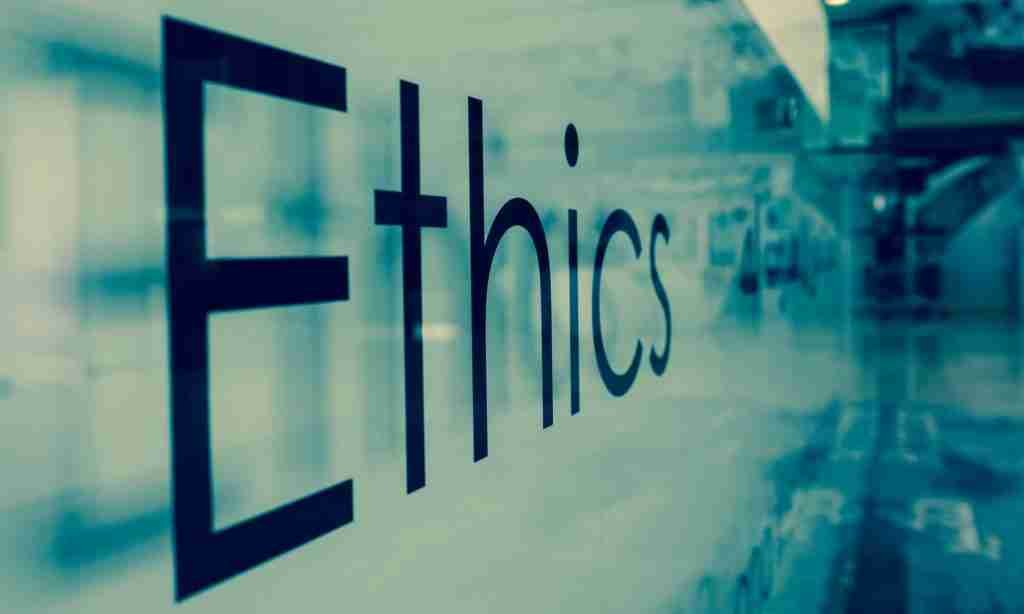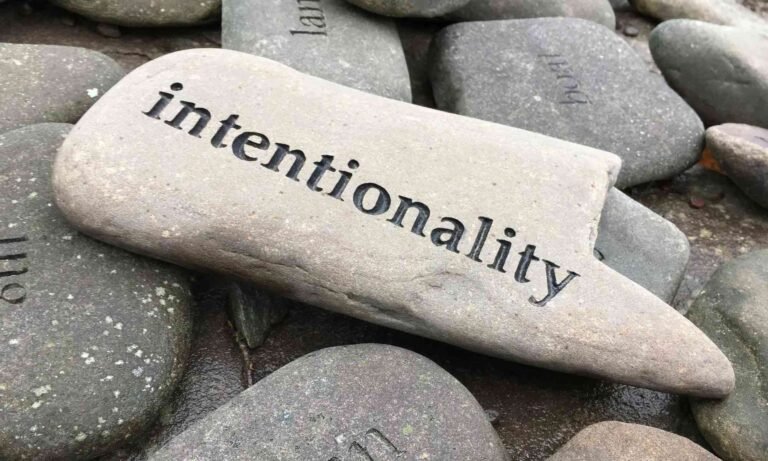Moral philosophy, also known as ethics, is a branch of philosophy that involves the systematic examination of moral values, principles, and rules that govern human conduct. It aids individuals and societies in discerning right from wrong, thereby providing a framework for ethical behavior.
The origins of moral philosophy can be traced back to ancient Greek philosophers such as Socrates, Plato, and Aristotle, who laid the groundwork for ethical thought by exploring the nature of justice, virtue, and the good life.
Essentially, moral philosophy can be divided into two main categories: descriptive ethics and normative ethics. Descriptive ethics focuses on understanding and describing how people actually behave or what they believe regarding moral issues, without making judgments about those beliefs. In contrast, normative ethics is concerned with evaluating and prescribing moral norms governing human actions, seeking to establish what we ought to do. This distinction highlights the complexity of moral inquiry, as it encompasses both the observational and evaluative aspects of ethical behavior.
The role of moral philosophy in society is profoundly significant. It informs public policies, influences discourse on social justice, and cultivates a sense of moral responsibility among individuals. Moreover, moral philosophy seeks to answer pivotal questions such as: What constitutes a ‘good’ or ‘just’ action? What principles should guide our decisions in challenging situations? Additionally, it challenges individuals to reflect on their values and consider the implications of their choices on others.
Through this exploration, moral philosophy continues to foster a deeper understanding of ethical dilemmas and serves as a vital compass for navigating the complexities of modern life. By engaging with these fundamental questions, we are better equipped to contribute to discussions about morality and ethical behavior in various contexts.
Major Theories in Moral Philosophy
Moral philosophy encompasses various theories that attempt to address fundamental questions about morality, ethical behavior, and human conduct. Among these theories, utilitarianism, deontology, virtue ethics, and care ethics stand out as significant contributions to the field, each with its unique principles and implications for real-world applications. Each of these theories contributes to the rich tapestry of moral philosophy, offering various insights, strengths, and critiques that continue to shape contemporary ethical discussions.
- Utilitarianism, primarily developed by philosophers such as Jeremy Bentham and John Stuart Mill, posits that the best action is the one that maximizes happiness for the greatest number of individuals. This consequentialist approach evaluates the morality of actions based on their outcomes, leading to discussions about the balance between individual rights and collective welfare. One of the strengths of utilitarianism lies in its straightforward decision-making framework, while critiques often highlight its potential to overlook minority rights and issues related to justice.
- In contrast, Deontology, notably advanced by Immanuel Kant, argues that the morality of an action is determined by whether it adheres to a set of rules or duties, regardless of the consequences. This moral theory emphasizes the importance of rational decision-making and the intrinsic value of human beings. Notable critiques of deontological ethics include its rigid adherence to rules, which can lead to outcomes that seem morally questionable in certain situations.
- Virtue Ethics, traced back to Aristotle, shifts the focus from the morality of specific actions to the character of the moral agent. This theory emphasizes the importance of developing virtues such as courage, honesty, and temperance, promoting a holistic approach to ethical behavior. While virtue ethics offers a nuanced perspective on moral character, critics argue that it may lack clear guidance for addressing moral dilemmas.
- Finally, Care Ethics, developed by thinkers such as Carol Gilligan, highlights the significance of interpersonal relationships and the moral imperative to care for others. This perspective challenges traditional moral theories by emphasizing empathy and contextual understanding, although it may face criticism for potential subjectivity in moral reasoning.
Moral Dilemmas and Ethical Decision-Making
Moral dilemmas are situations in which individuals are faced with conflicting ethical principles, making it challenging to determine the right course of action. These dilemmas often arise in everyday life and various professions, where competing values and interests come into play. A common example can be found in healthcare, where medical practitioners frequently encounter situations that force them to choose between saving a patient’s life and respecting that patient’s autonomy. Such scenarios highlight the intricate nature of ethical decision-making, where the stakes are high and the outcomes can significantly impact lives and communities.
Additionally, moral dilemmas are prevalent in business environments, where ethical considerations may be pitted against profitability or market competitiveness. For instance, a company may need to decide whether to prioritize employee welfare or to cut costs in pursuit of higher profits. These situations require leaders to carefully weigh the potential consequences of their decisions, both on stakeholders and on the broader social context. It is essential for individuals facing moral dilemmas to engage in critical thinking and reflection, as these processes facilitate a deeper understanding of the ethical implications involved and encourage a more informed decision-making approach.
There are various methodologies that can aid individuals in navigating moral dilemmas. One effective approach is cost-benefit analysis, which involves evaluating the potential advantages and disadvantages of different courses of action. This analysis helps clarify the possible outcomes and assists in making sound ethical decisions. Another valuable method is stakeholder consideration, where the needs and rights of all parties affected by the decision are taken into account. By examining the perspectives of various stakeholders, individuals can better appreciate the broader implications of their choices and strive towards a more ethically sound resolution.
The Relevance of Moral Philosophy Today
Moral philosophy has profound significance in contemporary society, serving as a vital framework for addressing complex ethical issues that arise in various domains. One notable area where moral philosophy plays a critical role is environmental ethics. As the world grapples with climate change, resource depletion, and biodiversity loss, philosophical discussions surrounding the moral obligations humans have toward the environment are more relevant than ever. By examining concepts such as sustainability and intergenerational justice, individuals and policymakers are prompted to reflect on the ethical dimensions of environmental stewardship.
Another significant application of moral philosophy can be found within the realm of bioethics. As advancements in medical technology and biotechnology raise novel ethical dilemmas, the principles of moral philosophy guide healthcare professionals, researchers, and ethicists in navigating complex questions regarding patient autonomy, informed consent, and the distribution of scarce medical resources. These discussions not only shape clinical practices but also influence legislation and public health policies aimed at ensuring equitable access to medical innovations.
In the context of business ethics, moral philosophy serves as a crucial instrument for evaluating corporate practices and responsibilities. Ethical frameworks derived from moral philosophy encourage organizations to prioritize integrity, accountability, and social responsibility. Companies are increasingly expected to consider not only profit margins but also the impact of their decisions on stakeholders, communities, and the environment, thereby reinforcing the connection between ethical practices and long-term corporate success.
Global justice is yet another vital area where moral philosophy intersects with current affairs. Issues such as poverty, inequality, and human rights violations persist on a global scale, demanding careful ethical consideration. Moral philosophy provides the tools to analyze and articulate the moral dimensions of these issues, pushing for a collective responsibility to address injustices and promote a fairer world. Furthermore, the influence of moral philosophy extends beyond these sectors to shape personal values and guide public policy. As societies become increasingly interconnected, the need for a robust ethical framework grows, enabling individuals and communities to navigate the moral complexities of our time.
What’s More
The posts in My Blog feature reflective, story-driven pieces rooted in personal and societal insights.
The topics in My Interests explore abstract, philosophical ideas and their cultural and societal impact.
👁️ 5,608 Views
















